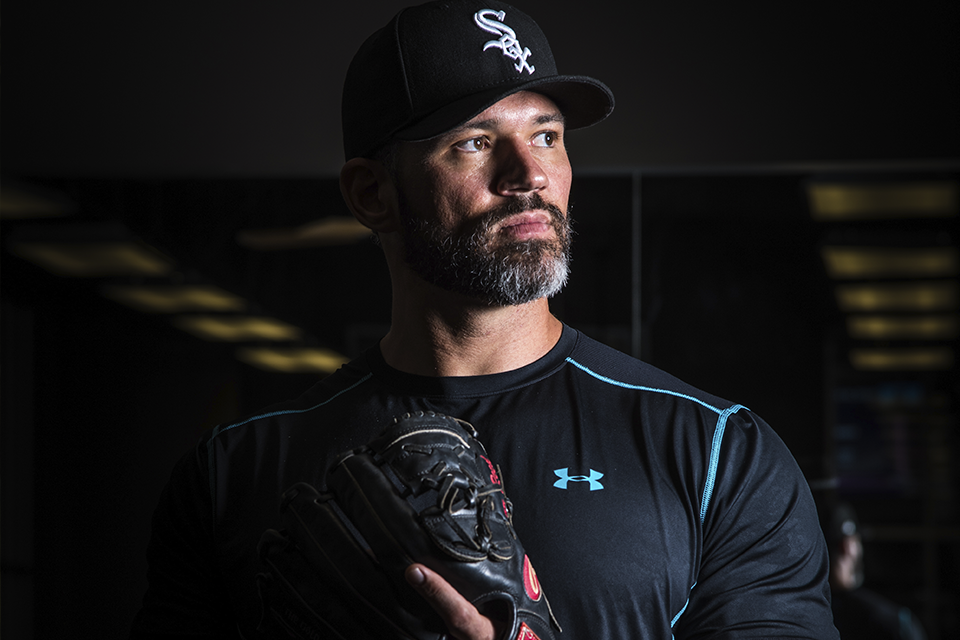Recovering from Illness

For Rylan Reed, playing professional baseball was a childhood dream. “It was all I ever wanted,” he says. By spring of his senior year of high school, his dream became a reality when he was drafted to pitch for the Chicago White Sox organization.
In his first few seasons, Reed compiled an impressive 3-0 record and a 2.44 ERA with the help of a blistering 98 MPH fastball, earning him the White Sox’s organization’s “Pitcher of the Year” award in 2003.
But Reed’s world took a grim turn. “One day I came home from yet another great workout when I felt a sharp pain in my stomach,” he recalls. A series of doctor visits, scans, and tests revealed a blockage in his small intestine. “I woke up [from surgery] to find out they had removed a tumor and the surrounding intestines.” Reed was diagnosed with Non-Hodgkins Lymphoma.
The news came as a total shock. Reed’s priorities immediately shifted as getting healthy became his primary focus. He wasted no time in beginning chemotherapy. “I didn’t know how my body would react to the treatments, but I was hopeful for a return to sports.”
As an elite athlete, Reed was conditioned to endure pain. He refocused that mental fortitude from the baseball field to his new battle against cancer. “There was never any doubt or sympathy for myself,” he says, “I knew I had to keep a positive attitude and outlook. My mind never once gave my body the choice to lose. Every day after chemo I was back in the gym, just like it was another day, because it was just another day.”
Reed’s determination won out and around a year later he was officially in remission. “I felt like I had a second chance at life and I was ready to live it to the fullest,” he says. With his family in town celebrating the news, Rylan was hit with another harrowing blow. A knock on the door from a police officer brought the news that his father had passed in a sudden accident.
For the second time in his young life, he was faced with insurmountable tragedy. “I reminded myself every day that a setback is a setup for a good comeback.”
And comeback he did.
Reed made a remarkable return to sports. With a new lease on life, he made the call to go to college and stay near family.
He attended Texas Tech University where he started on the school’s football team, first as a tight-end and later offensive tackle. Having lost more than 30 pounds to chemo, getting strong was critical. “I made sure that I was only putting quality calories into my body.” At one point he says he was eating around the clock, taking in 12 meals a day. “I would wake up in the middle of the night to eat,” he says. “I had to eat before I was hungry and if I was hungry then it was too late.”
The transition to Division I football brought new obstacles. No stranger to challenge, Reed thrived, earning first team All-American honors in 2008. He later set a university record for his 625-pound bench press.
Humble and ever grateful, Reed says his story has shown him what truly matters in life—family and health. “I’ve learned to never take life for granted. Anything I do, I do 100 percent, as if it were my last time.”






